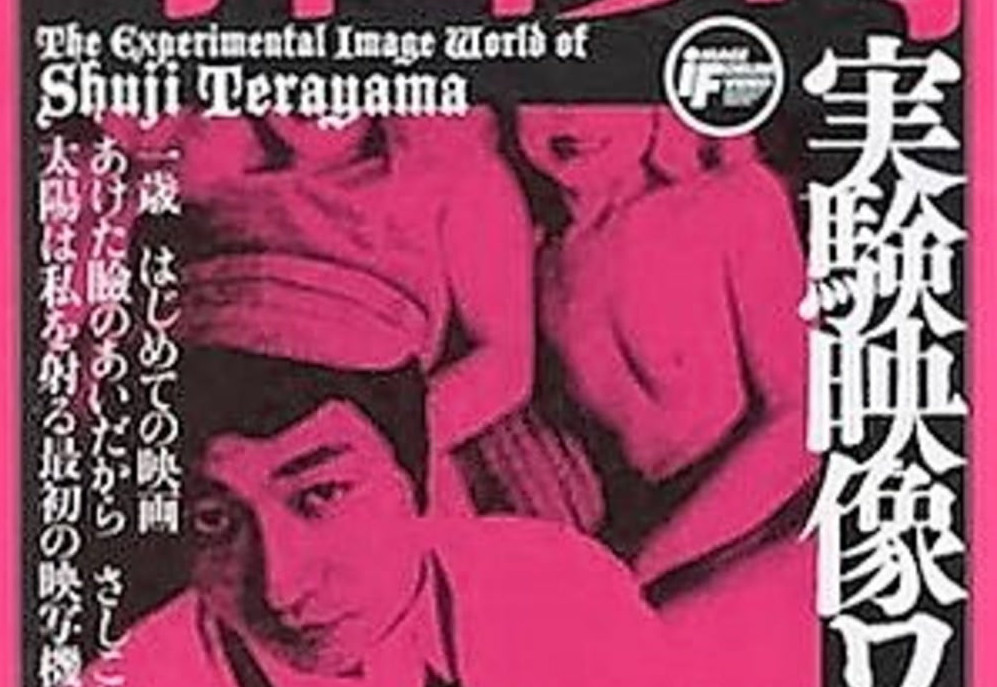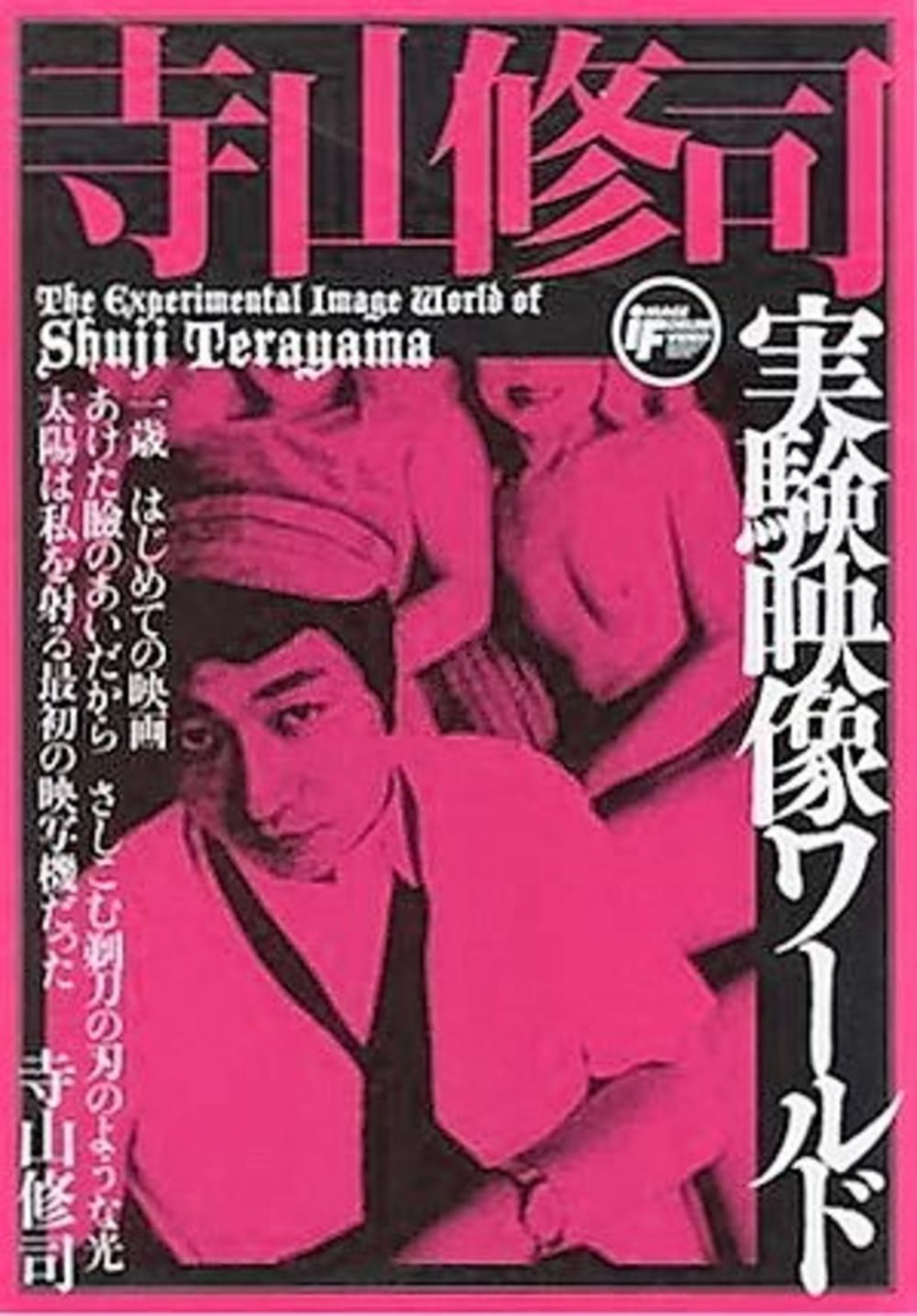Emperor Tomato Ketchup


Japan
In Emperor Tomato Ketchup (Tomao Kecchappu Kôtei) children have overthrown adults and a young boy had been made emperor under martial law. Their efforts to establish a new society descend into sexual and physical violence, reminiscent of William Golding’s Lord of the Flies (1954), but commenting more broadly on the violence of ideologues and political activists as well as social taboos such as child sexuality, incest, and adult-child sex. The 1971 black and white film is a grainy, over-exposed montage of loosely connected scenes. One scene features a prison camp staffed by young soldiers and housing teachers, juvenile officers, toy makers, and children’s authors, while others represent young people’s rejection of traditional values and meaning (such as the emperor’s semantic redefinition of “cat”), and child soldiers in erotic play with adults laden with Oedipal significance. Written and directed by Shūji Terayama, the film was based on a 1960 radio play by Terayama titled “Adult Hunting”. While Terayama is widely acknowledged as a radical artist in Japan, the inclusion of erotic sequences involving adult women and adolescent boys have led to accusations by international audiences that the film constitutes child pornography. – Liam Grealy